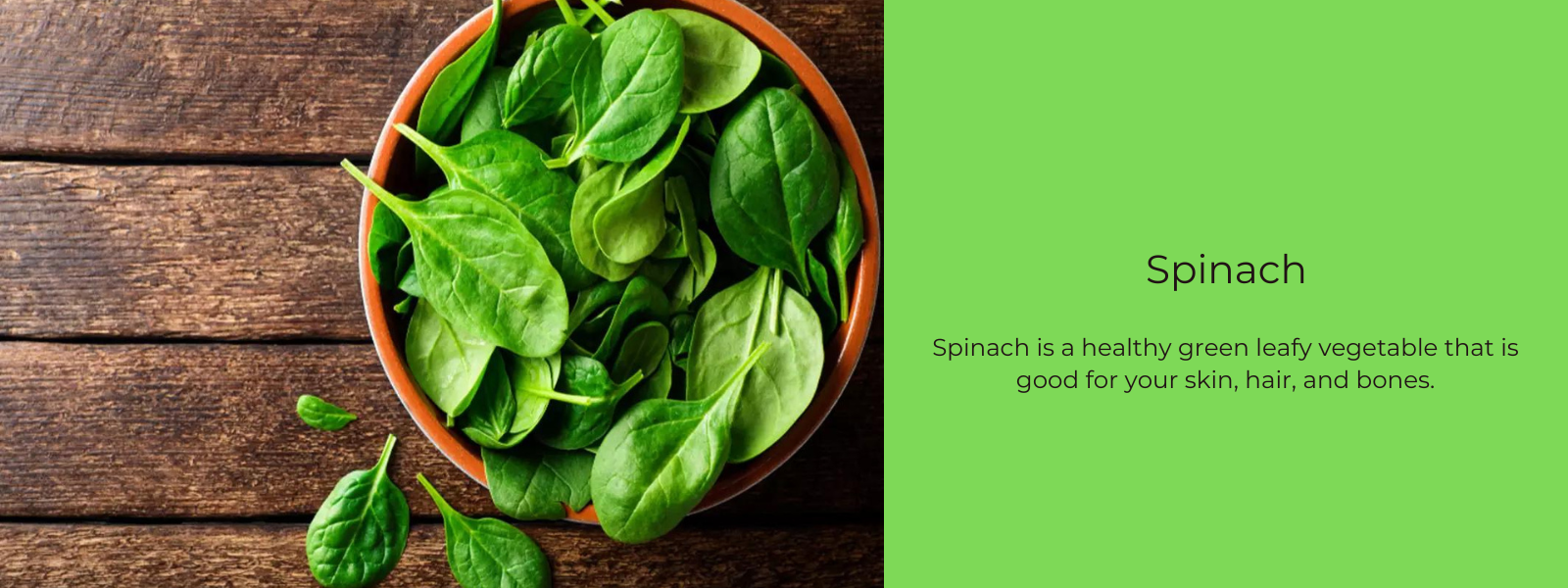Kale (Brassica oleracea var. sabellica) is a leafy green vegetable that belongs to the cruciferous family, which also includes broccoli, cauliflower, and Brussels sprouts. It is known for its curly or flat leaves, which can range in color from deep green to purple. Kale has been cultivated for over 2,000 years, with origins in the Eastern Mediterranean and Asia Minor. It has gained popularity in recent years as a nutritional powerhouse, often touted as one of the healthiest foods on the planet.
Table of Contents
Kale and Antioxidants
Antioxidants are crucial for protecting the body from oxidative stress, which can damage cells and contribute to chronic diseases. Kale is renowned for its high antioxidant content, making it a valuable addition to a health-conscious diet.
Is Kale Rich in Antioxidants?
Yes, kale is exceptionally rich in antioxidants. It contains a variety of antioxidant compounds, including:
- Vitamin C: An essential nutrient and powerful antioxidant that supports the immune system and skin health.
- Beta-Carotene: A precursor to vitamin A, which has antioxidant properties and is crucial for vision and immune function.
- Flavonoids: Such as quercetin and kaempferol, which have strong anti-inflammatory and antioxidant effects.
- Polyphenols: Compounds that have antioxidant properties and help protect against chronic diseases.
- Sulforaphane: A compound that has potent antioxidant and anti-cancer properties.
Health Benefits of Kale's Antioxidants
The antioxidants in kale provide numerous health benefits:
- Cardiovascular Health: Kale helps reduce cholesterol levels and lower blood pressure, thereby supporting heart health.
- Anti-Inflammatory Effects: The antioxidants in kale help reduce inflammation, which can benefit conditions like arthritis and other inflammatory diseases.
- Cancer Prevention: Antioxidant compounds like sulforaphane have been shown to inhibit the growth of cancer cells and reduce the risk of certain types of cancer.
- Skin Health: Vitamin C and other antioxidants in kale promote collagen production and protect the skin from oxidative damage.
- Eye Health: Kale is rich in lutein and zeaxanthin, antioxidants that are crucial for maintaining healthy vision and preventing age-related macular degeneration.
Is Kale a Superfruit?
Kale is often classified as a superfood due to its exceptional nutrient density and wide array of health benefits. It is low in calories but rich in vitamins, minerals, antioxidants, and fiber, making it a powerful addition to a healthy diet.
Kale for Recuperation
Kale is an excellent food for recuperation from illness due to its high antioxidant content, which supports the immune system and reduces inflammation. The wide range of vitamins and minerals in kale also helps replenish the body’s nutrient stores, promoting overall recovery and health.
Ways to Use Kale
There are numerous ways to enjoy kale:
- Salads: Use raw kale as a base for salads, massaging the leaves with olive oil and lemon juice to soften them.
- Smoothies: Blend kale with fruits, vegetables, and a liquid of your choice for a nutritious smoothie.
- Sautéed: Sauté kale with garlic and olive oil for a simple and tasty side dish.
- Soups and Stews: Add chopped kale to soups and stews for extra nutrition and flavor.
- Chips: Make kale chips by tossing the leaves with olive oil and baking until crispy.
Popular Kale Recipes
- Kale Salad: Combine chopped kale, diced apples, toasted almonds, and feta cheese. Dress with olive oil and lemon juice.
- Kale Smoothie: Blend 1 cup of kale, 1 banana, 1 cup of frozen berries, and 1 cup of almond milk.
- Sautéed Kale: Sauté kale with garlic, olive oil, and a pinch of red pepper flakes. Season with salt and pepper.
- Kale and White Bean Soup: Cook kale with white beans, carrots, celery, and vegetable broth for a hearty soup.
- Kale Chips: Toss kale leaves with olive oil and a sprinkle of salt. Bake at 350°F (175°C) until crispy.
Conclusion
Kale is a highly nutritious and versatile vegetable that offers numerous health benefits, primarily due to its rich antioxidant content. Whether you’re looking to boost your immune system, improve heart health, or simply enjoy a delicious and nutritious food, kale is an excellent choice. Its status as a superfood is well-deserved, and incorporating it into your diet can help you reap the rewards of its impressive nutrient profile.











Leave a comment